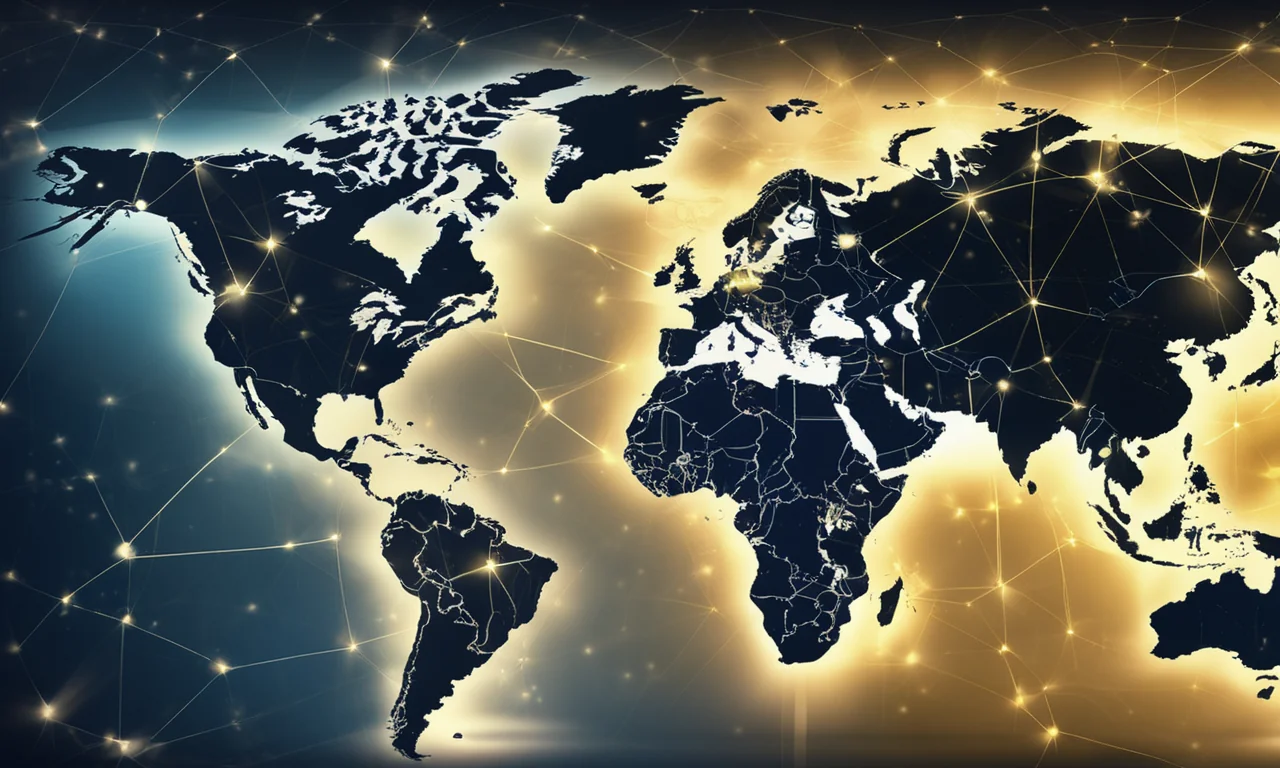
Public Mobilization Drives Support for Science and Health Policies
The defense of evidence-based policy is increasingly linked to civic engagement and global research initiatives.
Today's conversations on Bluesky's #science and #health threads reveal a groundswell of public engagement and institutional reflection. As digital communities rally for science and health protections, a clear pattern emerges: the defense of evidence-based policies is inseparable from broader democratic participation and global scientific ambition.
Standing Up for Science and Democracy
Across multiple posts, users passionately connect scientific integrity with civic action. The widespread participation in #nokings day, which drew 7 million Americans, underscores how collective activism is becoming a mainstay in defending scientific values. Calls to attend events such as the upcoming March for Health & Science in Washington DC further highlight the momentum building around public protest against political attacks on science and health.
"It still boggles my mind that we are well into the 21st century and we need to work so hard to defend and sustain science. My education in the 60's and 70's was steeped in 'STEM' and it enriched my life."- @phoenixdoglover.bsky.social (7 points)
Institutional vulnerability also surfaces in discussions about policy and governance. A report from East Anglia Bylines warns of threats to UK scientific and health agencies from political interference, echoing lessons from the U.S. The public's call for taxpayer support of science and health, exemplified by posts like this candid endorsement of funding for national parks, education, and mental health, reflects a growing expectation for governments to prioritize evidence and public welfare.
"I actually DO want my tax dollars to support national parks, education, science, mental health, and helping people who need it. It's called being a decent person. Try it."- @n7eoj.bsky.social (67 points)
Global Science Initiatives and the Shifting Landscape
While political winds shift in North America, international science projects are gathering momentum. The ambitious International Consortium for Primate Brain Mapping—a 25-year initiative led by China—demonstrates the scale of collaborative brain research now possible, even as geopolitical barriers challenge U.S. participation. Meanwhile, Canada is positioning itself as a haven for scientific talent, with the Canada Leads program actively recruiting researchers disillusioned by U.S. funding cuts, drawing global attention to the need for stable support and infrastructure.
"This is the scope & scale of scientific ambition that the USG once had. It's the type of project that Vannevar Bush ('The Endless Frontier') would have proposed; that nearly every American president since 1945 would have proposed & financed. But not _this_ president, nor his anti-science backers."- @mdgarfinkel.bsky.social (1 point)
State-level responses in the U.S. further emphasize this dynamic. Washington State Democrats are rallying to preserve vaccine protections in the face of federal resistance, joining other states in putting public health ahead of political narratives. These posts reveal a patchwork of approaches: some regions are doubling down on science, while others risk falling behind due to politicization and underfunding.
Science Communication, History, and Individual Impact
Science's power to change minds and shape societies is an ongoing theme. Posts such as the story of cholera mapping remind us how data and evidence can overturn long-held beliefs, referencing the work of John Snow. Celebrations like Wolf Awareness Week draw attention to the complex interplay between human action and ecological restoration, underscoring the value of critical engagement with science history.
"You may know something after all, John Snow."- @egnowit.bsky.social (1 point)
Personal journeys in science are also celebrated. The account of marine biologist Asha de Vos traces a path from deckhand to leader, spotlighting how diverse voices and backgrounds are vital for the future of research. These stories not only inform, but inspire new generations to participate in science advocacy and exploration.
Every subreddit has human stories worth sharing. - Jamie Sullivan